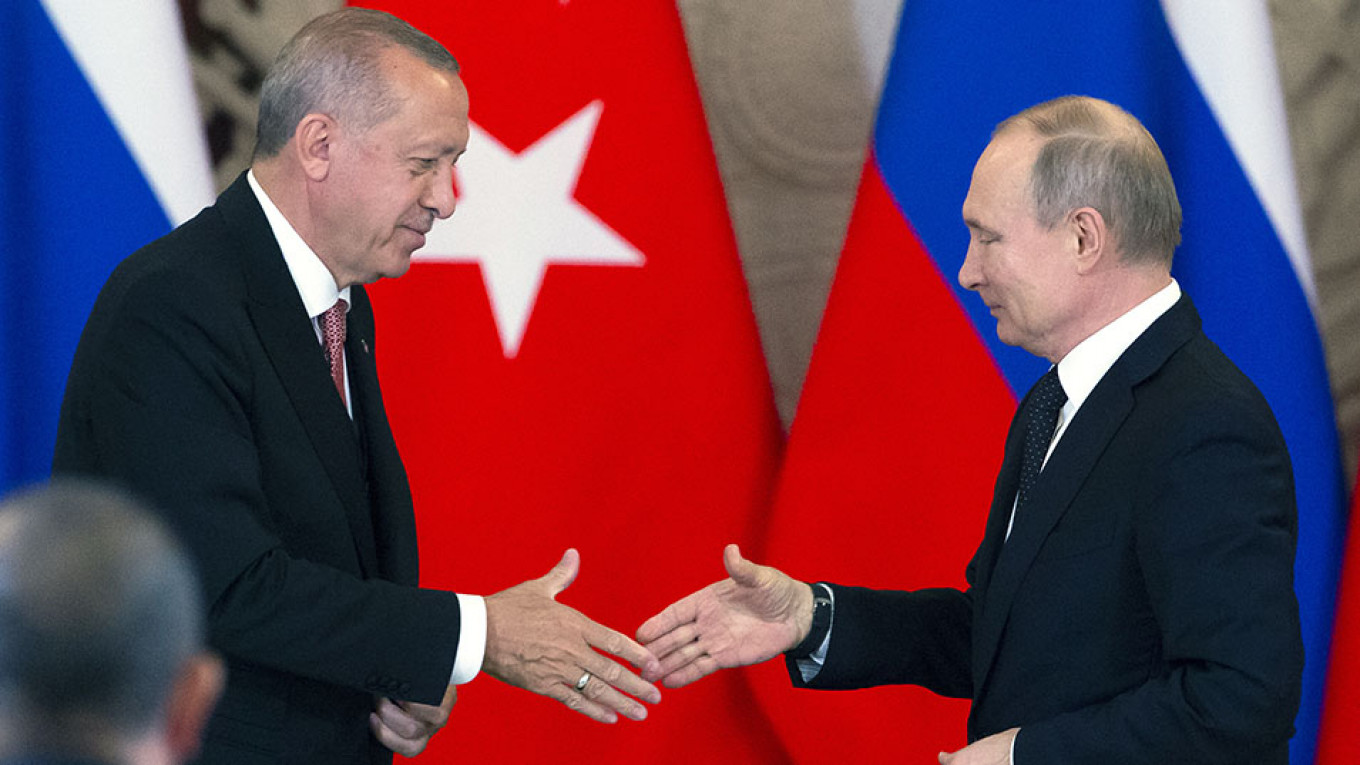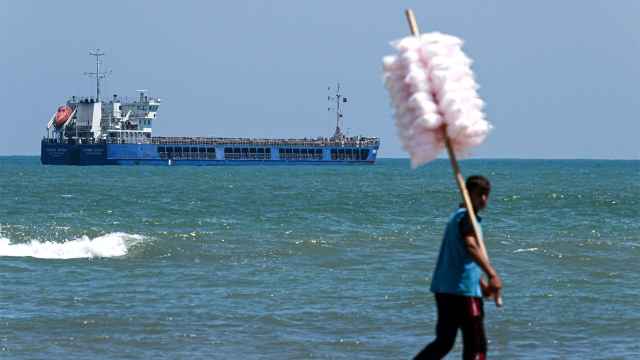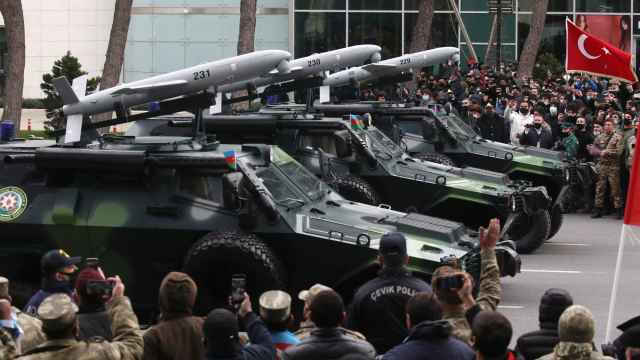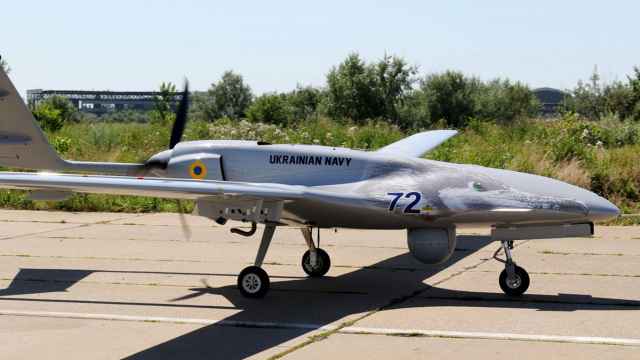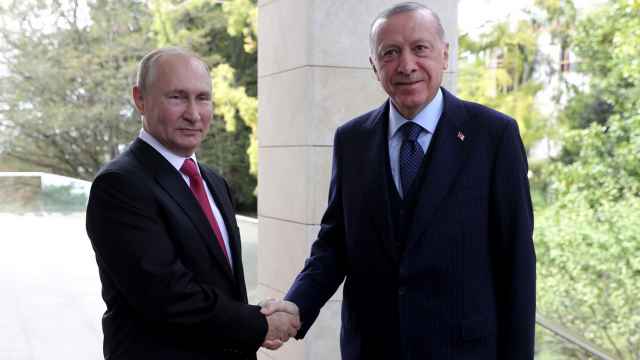The dramatic flair with which Russia recently delivered a full division of its S-400 air defense to Turkey provided a befitting conclusion to what had been a long intrigue.
The delivery began on June 12, with the Russian Air Force’s Il-76 and An-124 heavy aircraft flying the individual components to the Turkish air base in Mürted, not far from Ankara.
Because an S-400 division also includes heavy transporters, trucks, and other equipment, the operation a week to complete. Aircrafts belonging to the Emergency Situations Ministry were even pressed into service.
If Russia would have followed the standard procedure for the transfer of such military equipment, they would have first sent everything by rail to its Black Sea port, then shipped it all at once directly to Turkey. From a logistical standpoint, that would have been easier, cheaper, and probably even faster.
In this case, the desire to “fly the Russian flag” and perform a PR stunt turned out to be more important than observing the usual procedures.
In a very unusual step, the Russian side separately reported to the press about each individual flight carrying elements of the S-400 system to Turkey.
For its part, Ankara was eager to take part in the public campaign, releasing footage of each arrival and the unloading of Russian military equipment. This type of aggressive PR epitomizes the style with which Turkish President Tayyip Erdogan governs his country.
Unsurprisingly, Moscow has not been shy to flaunt its perceived victory over the U.S. and NATO.
Ever since Turkey announced in September 2017 that it would take delivery of four S-400 divisions, the U.S, the West has tried everything in its power to persuade Erdogan to cancel the deal, even threatening to impose sanctions if he did not.
The Kremlin spared no effort to ensure that Erdogan would not change his mind at the last moment and hand victory to the U.S.
Turkey had made only an advance payment of an undisclosed amount towards the $2.5 billion purchase price of the four S-400 divisions, with the Russian federal budget providing favorable credit terms for the remainder.
Moscow also hastened the delivery by sending equipment to Turkey originally intended for domestic deployment.
Now Russia can rub salt in its enemy’s wounds with its air bridge PR stunt.
If Washington follows through on its threat to impose sanctions against Turkey in retaliation for its arms deal with Moscow, it will undoubtedly complicate relations between the allies.
The U.S. is clearly having nightmares in which an angry Turkey breaks off relations with NATO — as France once did under President Charles de Gaulle in 1966 — and closes the U.S. military bases on its territory.
Of greatest concern is the strategically important Incirlik airbase near the Syrian border where, ever since the Cold War era, the U.S. has stored tactical weapons intended for use by the Turkish Air Force in the event of war with Russia.
At the same time, an age-old Russian dream is coming true: the Black Sea straits of the Bosporus and Dardanelles — for which historically Russia has shed a lot of blood — will no longer be controlled by NATO, but by Erdogan’s regime that has become almost a Russian ally, independently of the U.S.
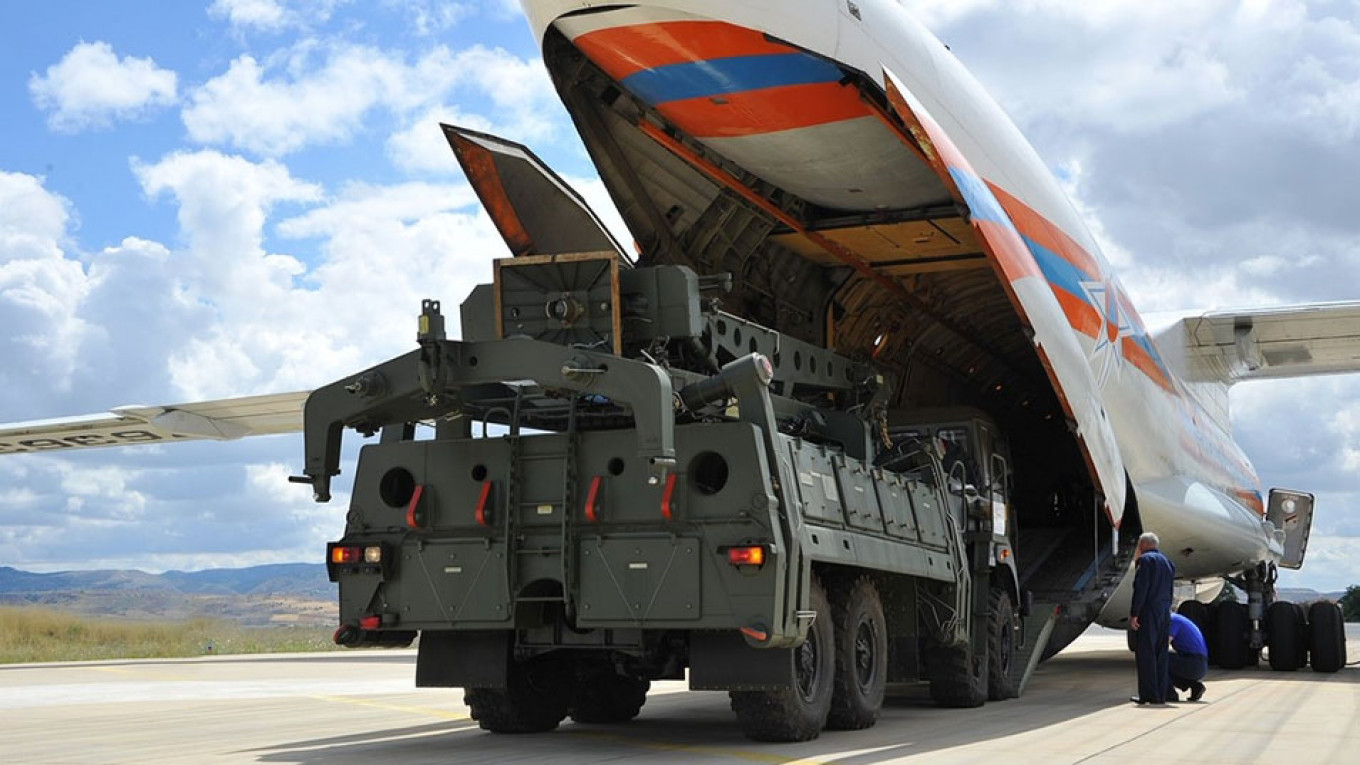
Moscow’s geopolitical goals are clear, but what does Erdogan gain from this arrangement?
Ankara has no urgent military need to transfer the S-400 towards its southern border with Syria, where it is ostensibly to be deployed. This is because a U.S.-made Patriot air defense system manned by NATO allies is stationed there to repel a missile attack from Syria, in the unlikely event one occurs.
What’s more, in 2018 the U.S. State Department approved the $3.5 billion sale of Patriot systems to Turkey on the condition Ankara rejects the S-400.
Turkey has a powerful and modern air force. It is built on 260 F-16 multipurpose fighter jets of various modifications manufactured in Turkey under U.S. license.
Turkey is also participating in an international program to produce the newest U.S. stealth F-35 Lightning II fighters and has signed a contract to purchase 116 of the aircraft at a price tag of more than $10 billion. If that happened, the Turkish air force would become the most powerful in the region, on a par with Israel and Russia — and even surpassing them in terms of air fighter potential. After the deal with Russia, all of this is in question.
The answer might lie in the recent developments in Ankara.
Turkey is on the verge of a national default and Erdogan installed new leadership in the Central Bank, demanding that it reduce the discount rate amidst high inflation. Even symbolic sanctions — by the U.S. in retaliation for the S-400 and by the EU for Turkey’s gas and drilling exploration in Cyprus’ exclusive economic zone — could provide the push that finally brings down the Turkish financial system and causes both the country’s economy and Erdogan’s political prospects to collapse.
As Turkey’s economic and financial difficulties worsen, Erdogan’s popularity falls. A public conflict with Washington could change that.
Anti-U.S. sentiments run high in Turkish society: up to 80 percent of the population believes the U.S. threatens the country, while only 44 percent feel that way about Russia. As many as 45 percent of Turks approve of the S-400 purchase — including the country’s main opposition force, the Republican People’s Party.
Erdogan is clearly wagering that the U.S. would not dare to impose crippling sanctions and thereby lose an important ally, and that it would not disrupt plans to produce the F-35, thereby raising the project’s cost.
The White House does not want to inflict a serious punishment against Erdogan, but Trump’s recent statements suggest Turkey will not get the F-35.
The Pentagon is firmly opposed and there are enough votes from both parties in Congress to block their shipment, whether or not Trump would like to oblige.
Erdogan also understands that Russia cannot replace the West when it comes to the Turkish economy.
What’s more, Turkey and Russia still have intractable disagreements over regional issues. As recently as June 28, Turkish forces delivered a massive blow to Syrian government troops in the country’s northwest, decisively stopping an operation in Idlib province that the Russian command had prepared and that was intended to rout the last stronghold of the armed opposition and effectively end the civil war.
In Transcaucasia, Ankara will continue to use every means at its disposal to counteract the spread of Russian influence in Azerbaijan and Georgia. There are many influential anti-Turkish and anti-Erdogan groups and individuals in Moscow, including in positions of authority.
I, therefore, expect both sides to be cautious on future rapprochement.
A Russian version of this article was originally published by Novaya Gazeta.
A Message from The Moscow Times:
Dear readers,
We are facing unprecedented challenges. Russia's Prosecutor General's Office has designated The Moscow Times as an "undesirable" organization, criminalizing our work and putting our staff at risk of prosecution. This follows our earlier unjust labeling as a "foreign agent."
These actions are direct attempts to silence independent journalism in Russia. The authorities claim our work "discredits the decisions of the Russian leadership." We see things differently: we strive to provide accurate, unbiased reporting on Russia.
We, the journalists of The Moscow Times, refuse to be silenced. But to continue our work, we need your help.
Your support, no matter how small, makes a world of difference. If you can, please support us monthly starting from just $2. It's quick to set up, and every contribution makes a significant impact.
By supporting The Moscow Times, you're defending open, independent journalism in the face of repression. Thank you for standing with us.
Remind me later.



